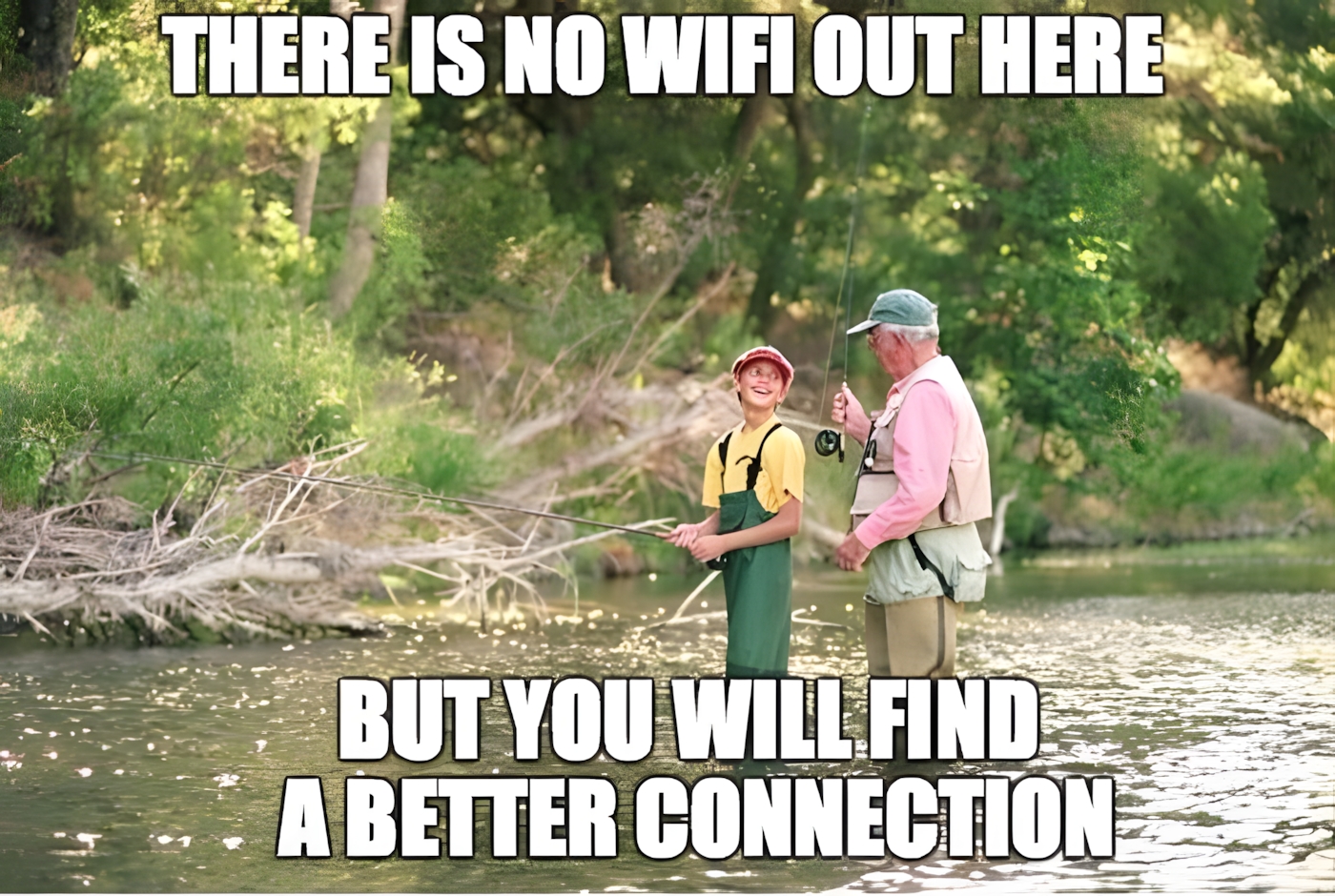The Verge has issued copyright strikes against several YouTubers who criticized their now infamous PC building video.
Both Rich from ReviewTechUSA and Kyle from BitWit saw their copyright strikes on their channel after they posted videos critical of the build. Both creators argued that their respective videos fall under fair use, as they were using footage from the Verge for the purposes of critique. Something which is allowed under American copyright law.
YouTube has reviewed both videos, and has decided to side with both Rich and Kyle in the dispute, stating that the copyright claim appears to be invalid. Though The Verge and their parent company Vox Media can still file a counter argument.
What’s interesting about this whole fiasco is the timing of it. These videos were uploaded five months ago, which is an eternity in internet time. Why The Verge suddenly decided to pull the trigger now, long after everyone forgot about the video, is a complete mystery to me. Plus, there’s also the delicious irony that they had just published an article critical of copyright abuse last week.
Various pundits across the independent tech media are now accusing The Verge and Vox of not practicing what they were preaching. Verge Editor-in-Chief Nilay Patel is not backing down though, laying the blame on the creators, stating they should have reached out to him directly. He also alleges he has received death threats from the PC community over the strikes.
Stephen “PC Jesus” Burke from Gamer’s Nexus did reach out to Patel, inviting him to come on the show to discuss the issue. Even so far as to offer to pay for his airfare and lodging. Patel refused the invite, telling Gamer’s Nexus to “go make something positive for the world”. Burke opted to donate the money to the Eden Reforestation Project instead.
This whole load of tomfoolery has brought up two very major issues: copyright trolling and the failure of modern “journalists” to take criticism.
The Verge’s original video followed writer Stefan Etienne as he built a $2,000 custom gaming PC. The guide was incredibly shoddy even by beginner standards, to the point where anyone following along was at serious risk of damaging their components. Rather than apologizing or redoing the video, Patel and Etienne took the opportunity to slander the PC community as toxic and racist. A common poly used by Vox and other garbage tier media outlets whenever they’re called out on their BS.
Now it seems these outlets are now resorting to copyright abuse in an attempt to silence critics. Further proving the stereotype of millennials not being able to handle criticism is pretty much spot on. They’re never wrong, everyone else is. Those critics are probably all racist, sexist, homophobic white supremacists too, because aren’t they always. This is what happens Larry in a world with no accountability.
Now, we’ve certainly spoken about the copyright issue on here before. During the Viacom suit days, YouTube became absolutely paranoid about infringement on their site. So they started just started allowing every claim to go through, with content creators being left to deal with the issue on their own.
Things are better than they were in the early days. However, there’s still very little recourse creators have had false claims filed against them. Nor is there any punishment against those making false claims. While they are technically illegal under the Digital Millennium Copyright Act (DMCA), it rarely reaches the courts due to the time and money needed to file such a suit. Two resources which most independent creators have in short supply. Essentially allowing trolls to run amok with impunity.
The solution here seems simple. If you care caught abusing copyright on YouTube to hurt critics and competitors, you should have your channel banned. Though the political will to actually do this at Google is likely slim to nill. Especially when mainstream media conglomerates are involved. Outlets which the publisher is trying to court for their TV service. Fortunately they made the right decision here, and it got called out. Hopefully The Verge will think twice over doing this again, but I’m not holding my breath.





